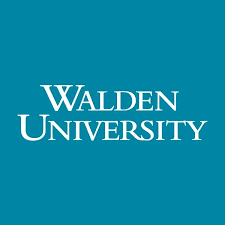
Digital Object Identifier
10.18870/hlrc.v14i0.1482
ORCID
0009-0007-8780-603X
Abstract
In this essay, I explore the complex intersection of language, identity, and education with a particular focus on the importance of fostering linguistic equity in higher education settings. It is imperative for higher education institutions to reevaluate language-related practices and foster linguistic diversity and equity. Drawing upon linguistic theories and real-world examples, I highlight how language is deeply intertwined with personal identity, culture, and heritage. Various English dialects, such as African American Vernacular English, Chicano English, and others, are highlighted as valid linguistic expressions rather than deviations from a supposed standard. The role of standard academic English (SAE) in academia is examined, with a critical examination of how it can unintentionally perpetuate linguistic prejudice and inequality. I highlight activities in one university and provide practical strategies and classroom approaches to promote linguistic equity by showcasing rubric adjustments and teaching techniques that accommodate diverse language backgrounds. Educators can create inclusive learning environments that empower students to communicate effectively and celebrate their linguistic diversity, ultimately breaking free from historically biased language standards.
Recommended Citation
Johnson, G.
(2024).
Language Equity in the Undergraduate Classroom: Fostering Language Diversity in the World of Standard Academic English..
Higher Learning Research Communications, 14.
DOI:10.18870/hlrc.v14i0.1482
Included in
Adult and Continuing Education Commons, Anthropological Linguistics and Sociolinguistics Commons, Bilingual, Multilingual, and Multicultural Education Commons, Comparative and Historical Linguistics Commons, Educational Assessment, Evaluation, and Research Commons, Language and Literacy Education Commons






